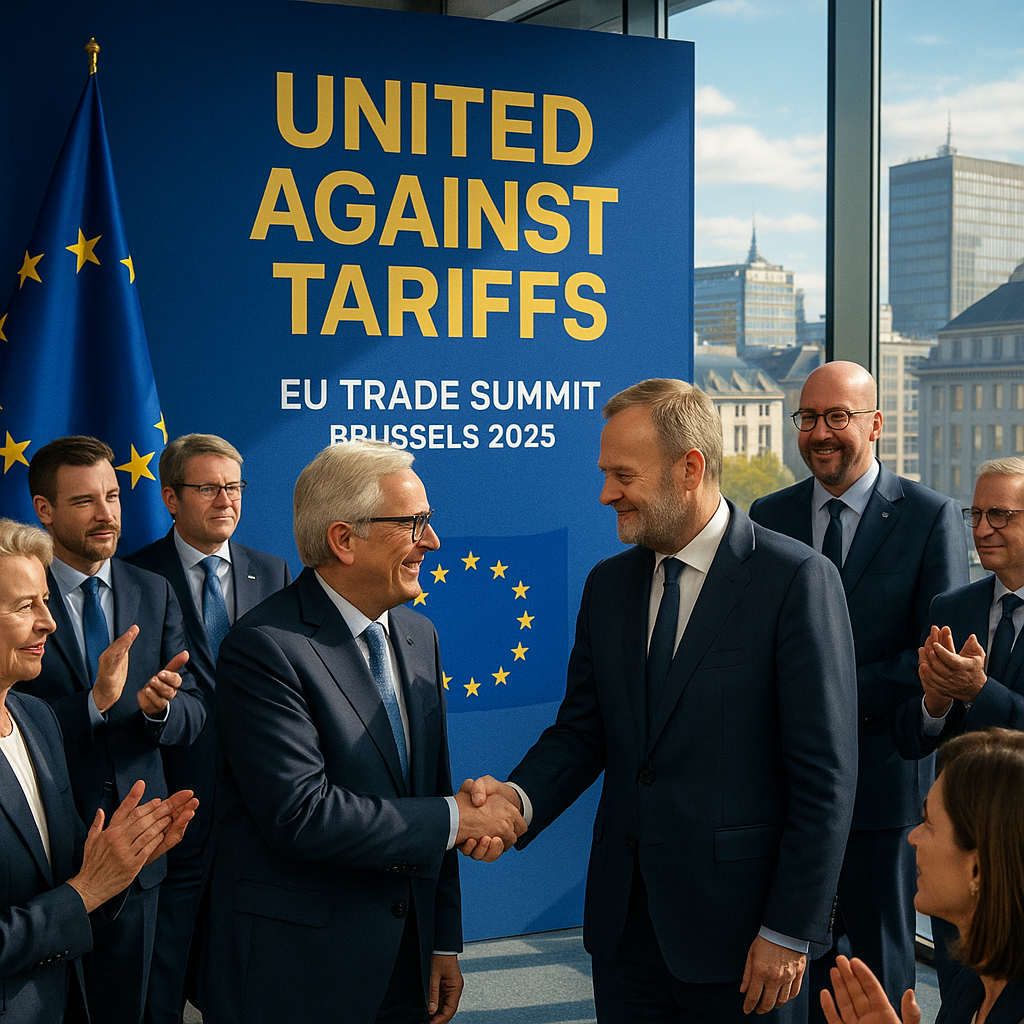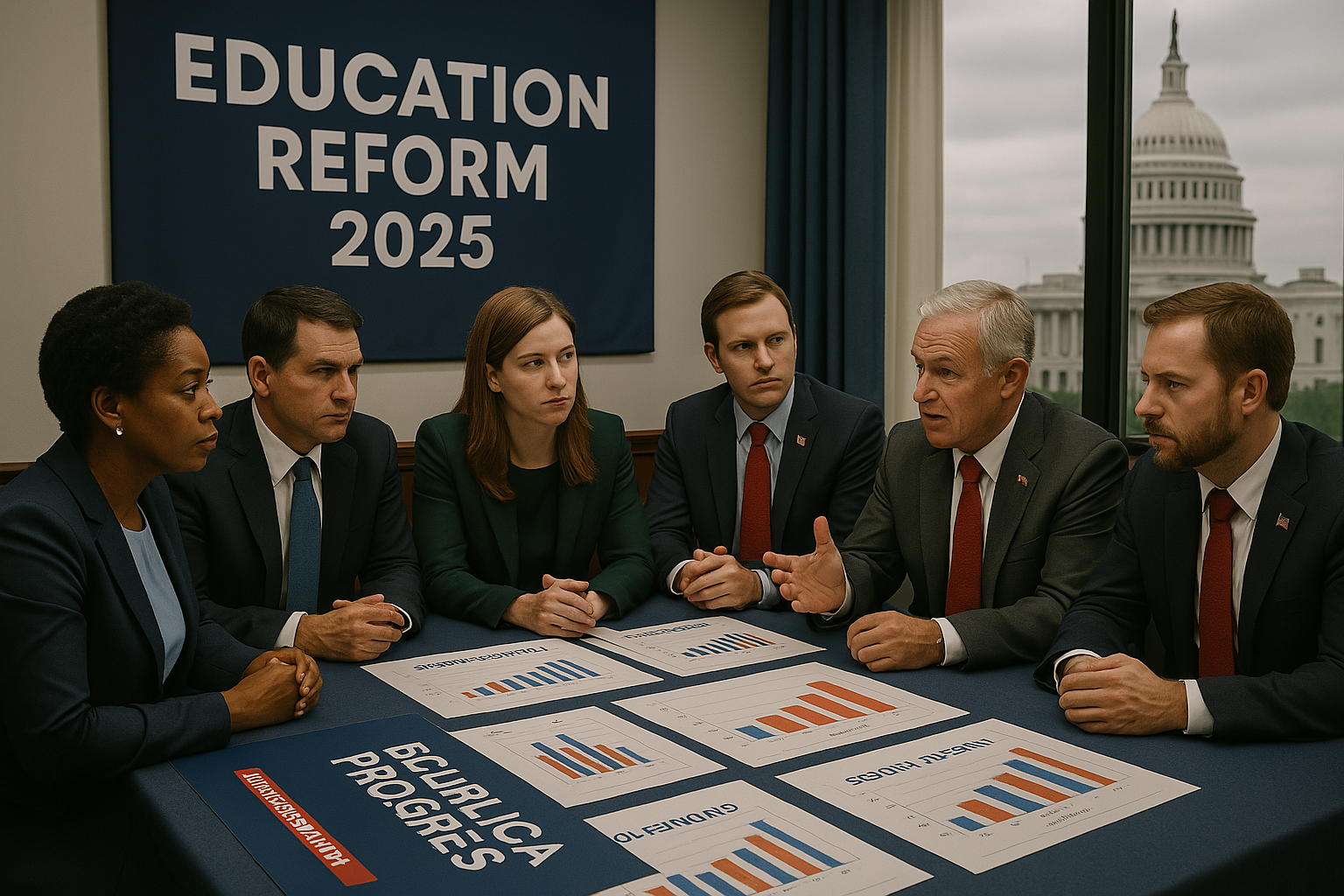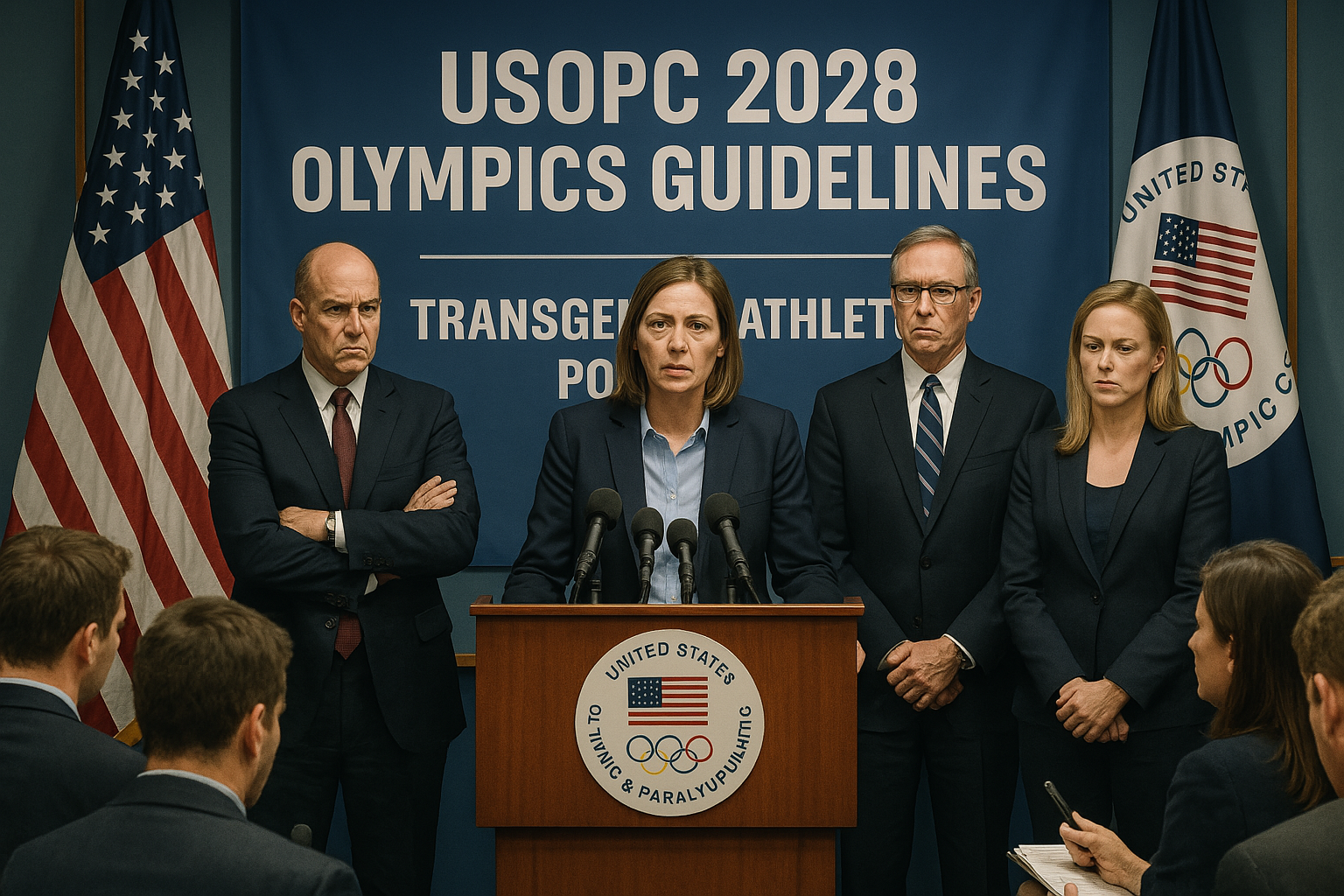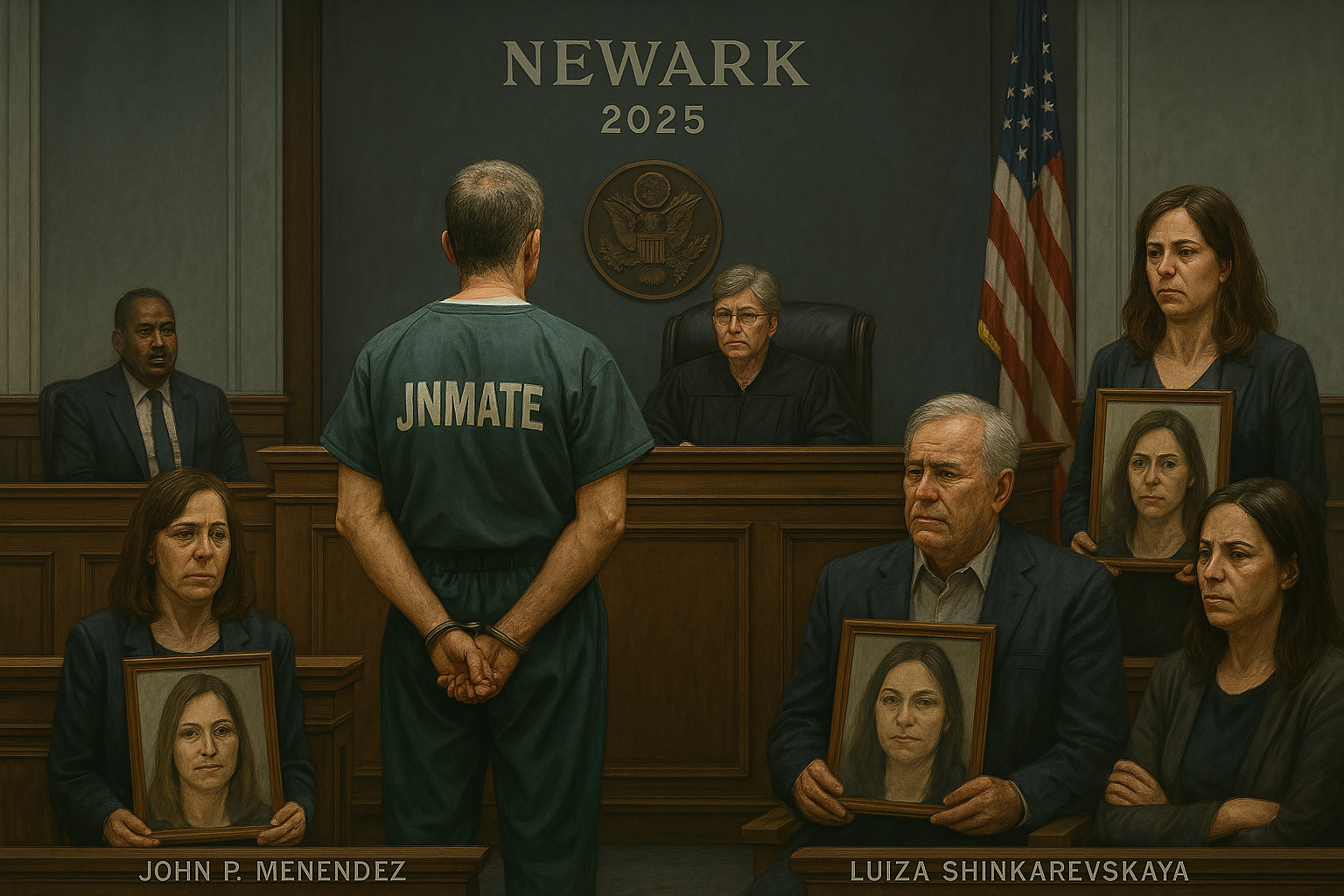U.S. Passport Power Declines in 2025 Rankings: A Shifting Global Landscape
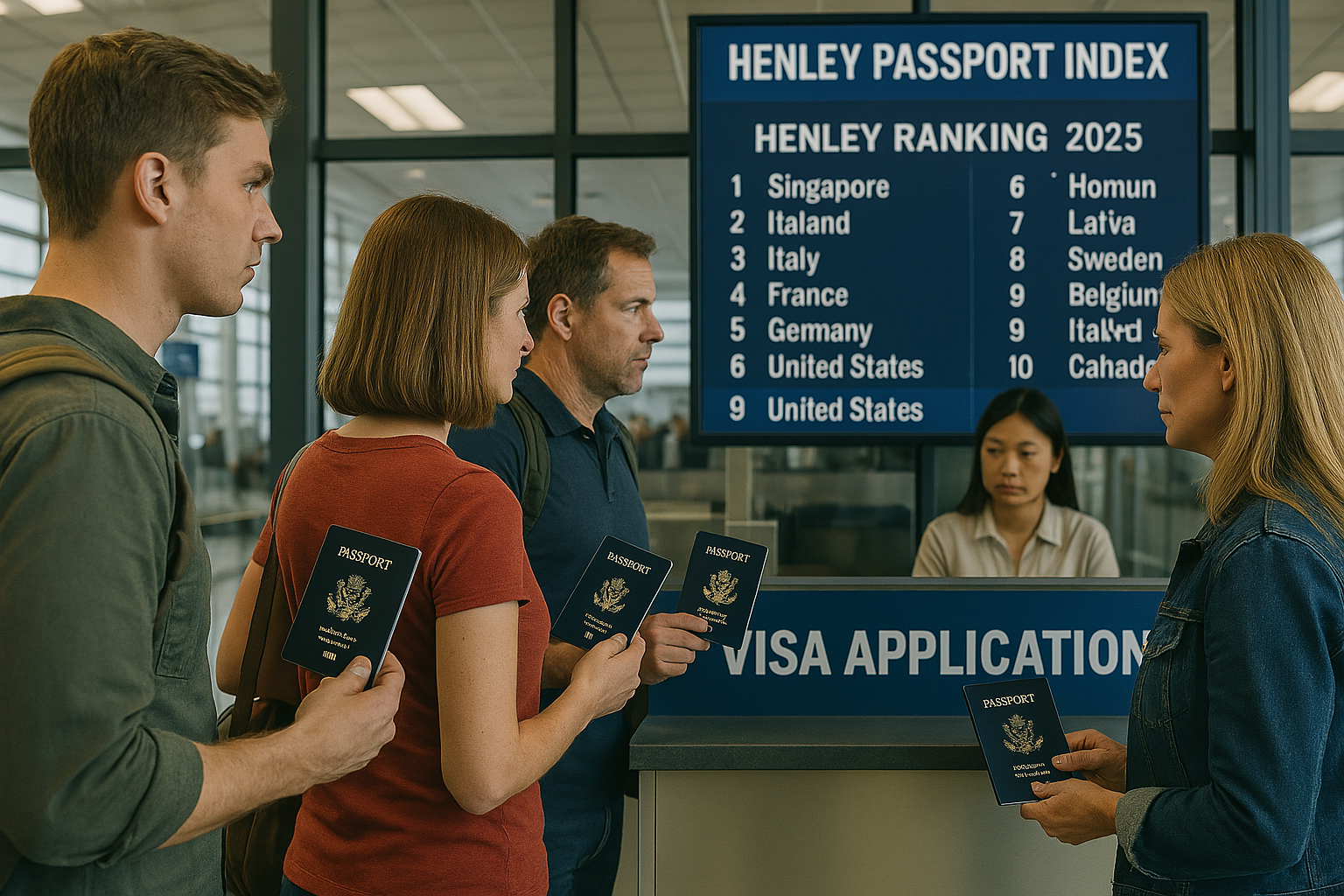
In the 2025 Henley Passport Index, the United States has slipped to ninth place, marking its lowest ranking in the index’s 20-year history. The decline, reported on July 22, 2025, reflects a broader shift in global mobility, with Singapore retaining the top spot for the third consecutive year. This article examines the reasons behind the U.S. passport’s diminished power, its implications for American travelers, and the societal and geopolitical factors contributing to this trend.
Background of the Henley Passport Index
The Henley Passport Index, compiled by Henley & Partners, ranks passports based on the number of destinations their holders can access without a prior visa, using data from the International Air Transport Association (IATA). The index is a widely recognized measure of global mobility, reflecting not only a country’s diplomatic relations but also its economic and political influence. In 2025, Singapore leads with visa-free access to 195 out of 227 destinations, followed by France, Germany, Italy, Japan, and Spain, each with access to 192 destinations. The U.S., previously a consistent top-tier contender, now shares ninth place with Hungary, offering visa-free access to 188 destinations.
Reasons for the U.S. Decline
The U.S. passport’s slide from eighth place in 2024 to ninth in 2025 is attributed to several factors. Firstly, other nations have aggressively pursued visa-waiver agreements, expanding their citizens’ travel freedom. For instance, Singapore’s diplomatic efforts have secured visa-free access to 195 destinations, a feat unmatched by any other country. In contrast, the U.S. has not kept pace with such agreements, with no significant new visa waivers added in recent years.
Secondly, geopolitical tensions have impacted the U.S. passport’s strength. Strained relations with countries like China, Russia, and certain Middle Eastern nations have led to stricter visa requirements for American travelers. For example, China requires U.S. citizens to obtain visas with extensive documentation, a process exacerbated by reciprocal restrictions imposed by the U.S. on Chinese nationals. Similarly, political friction with countries like Turkey and India has resulted in maintained or tightened visa policies, further limiting U.S. passport holders’ access.
Thirdly, the Trump administration’s recent policies, including visa restrictions tied to Executive Order 14201 (which addresses transgender athletes, among other issues), have sparked diplomatic backlash. Some nations have responded by imposing reciprocal visa measures, though the direct impact on the Henley ranking remains limited. More broadly, the U.S.’s inward-focused immigration policies, such as tightened border controls and reduced refugee admissions, have strained relationships with allies who prioritize open mobility.
Comparative Global Trends
The 2025 rankings highlight a dynamic shift in global passport power. Singapore’s dominance reflects its strategic diplomacy and economic clout, with visa-free access to nearly 86% of global destinations. European nations like France, Germany, and Spain benefit from the European Union’s collective bargaining power, which secures broad visa waivers. Meanwhile, emerging economies like the United Arab Emirates (UAE), now ranked seventh with 185 destinations, have climbed rapidly due to proactive diplomacy and economic partnerships.
In contrast, the U.S. has seen its relative influence wane. In 2014, the U.S. passport was tied for first with the United Kingdom, offering access to 174 destinations. By 2025, while the absolute number of visa-free destinations has increased to 188, other nations have surpassed the U.S. through aggressive expansion of their visa-waiver programs. For instance, South Korea and Israel, ranked higher than the U.S., have secured visa-free access to 191 and 189 destinations, respectively, through targeted diplomatic efforts.
Implications for American Travellers
The decline in passport power has tangible effects on U.S. citizens. American travelers now face visa requirements for 39 destinations that top-ranked passport holders can access freely, including countries like China, India, and Russia. Obtaining visas for these destinations often involves costly fees, lengthy application processes, and additional documentation, such as proof of accommodation or financial stability. For example, a tourist visa to India costs approximately $160 for U.S. citizens, with processing times ranging from one to two weeks, compared to visa-free entry for Singaporean or Japanese passport holders.
Business travellers and students are particularly affected, as visa delays can disrupt professional engagements or academic programs. The U.S. Chamber of Commerce noted in a July 2025 statement that visa barriers hinder American businesses’ ability to compete in global markets, especially in Asia and Africa, where visa requirements for U.S. citizens are increasingly stringent.
Societal and Geopolitical Context
The decline in U.S. passport power reflects broader societal and geopolitical shifts. Domestically, immigration debates have intensified under the Trump administration, with policies like the border wall expansion and stricter visa vetting signaling a more isolationist stance. These policies, while popular among some voters, have strained relations with countries that value reciprocal openness. A 2025 Pew Research Center poll found that 62% of Americans support maintaining or expanding visa-free travel agreements, yet political polarization has stalled progress on such initiatives.
Globally, the rise of multipolar power structures has diminished U.S. diplomatic leverage. As countries like China and India grow in economic influence, they have less incentive to offer visa concessions to the U.S. without reciprocity. The UAE’s rise to seventh place, for instance, underscores how smaller nations can outpace traditional powers through strategic alliances and economic incentives, such as trade agreements tied to visa waivers.
The decline also raises questions about equity in global mobility. The Henley Passport Index highlights a growing “mobility gap” between high-ranking and low-ranking passports. Afghanistan, ranked last, offers visa-free access to only 26 destinations, illustrating stark disparities in travel freedom. For Americans, the drop to ninth place, while less severe, underscores a relative loss of privilege in a world where mobility is increasingly tied to economic and diplomatic clout.
Stakeholder Reactions
Supporters of U.S. Policy
Some U.S. policymakers argue that prioritizing national security and controlled immigration outweighs the benefits of visa-free travel. Republican Senator Tom Cotton, in a July 2025 interview, stated, “Our visa policies protect American interests first. If that means a lower ranking on some index, so be it.” Supporters also point out that the U.S. remains a top destination for global travellers, with over 80 million visitors annually, suggesting that its passport’s relative decline does not diminish its global appeal.
Critics
Travel industry leaders and immigration advocates have criticized the U.S. government’s lack of focus on visa diplomacy. Roger Dow, former president of the U.S. Travel Association, remarked, “We’re losing ground because we’re not at the table negotiating visa waivers like our competitors.” Advocacy groups like the American Immigration Council argue that restrictive policies harm the U.S.’s global image and economic competitiveness, particularly in tourism and international education, which contribute $250 billion and $40 billion annually to the economy, respectively.
International observers, such as Henley & Partners’ Chairman Christian Kälin, have noted that the U.S.’s decline reflects a broader trend of “global mobility becoming a privilege for fewer nations.” Kälin emphasized that countries prioritizing open borders and diplomatic engagement are reaping the benefits of enhanced passport power.
Future Outlook
The U.S. could potentially reverse its decline by pursuing new visa-waiver agreements, particularly with emerging economies in Asia and Africa. However, this would require a shift in foreign policy priorities, which currently emphasize security over open mobility. The 2028 Los Angeles Olympics may serve as a catalyst for temporary visa relaxations, as the U.S. seeks to attract global visitors, but long-term improvements will depend on sustained diplomatic efforts.
The global mobility landscape is also evolving. The rise of digital nomad visas and regional travel agreements, such as those within the EU or ASEAN, suggests that future passport power may depend on adaptability to new travel trends. For the U.S., regaining a top-tier ranking will require balancing security concerns with proactive engagement in global diplomacy.
Conclusion
The U.S. passport’s drop to ninth place in the 2025 Henley Passport Index signals a significant shift in global mobility dynamics. While American travelers still enjoy broad access to 188 destinations, the U.S. lags behind nations like Singapore and European powers due to stagnant visa-waiver agreements and geopolitical tensions. This decline reflects broader societal debates over immigration and diplomacy, with implications for travellers, businesses, and the U.S.’s global standing. As the world becomes more interconnected, the U.S. must navigate a delicate balance between security and openness to restore its passport’s former dominance.
